Remember when getting a busy signal was just part of life? When you had to actually get up to change the TV channel, and “streaming” meant the water coming out of your garden hose? Those seemingly endless inconveniences that defined our daily routines from the ’60s through the ’80s weren’t just minor irritations—they were simply the way things were. Looking back, it’s almost charming how we adapted to a world that moved at a completely different pace, where patience wasn’t just a virtue, it was a survival skill.
1. Waiting for Film to Be Developed
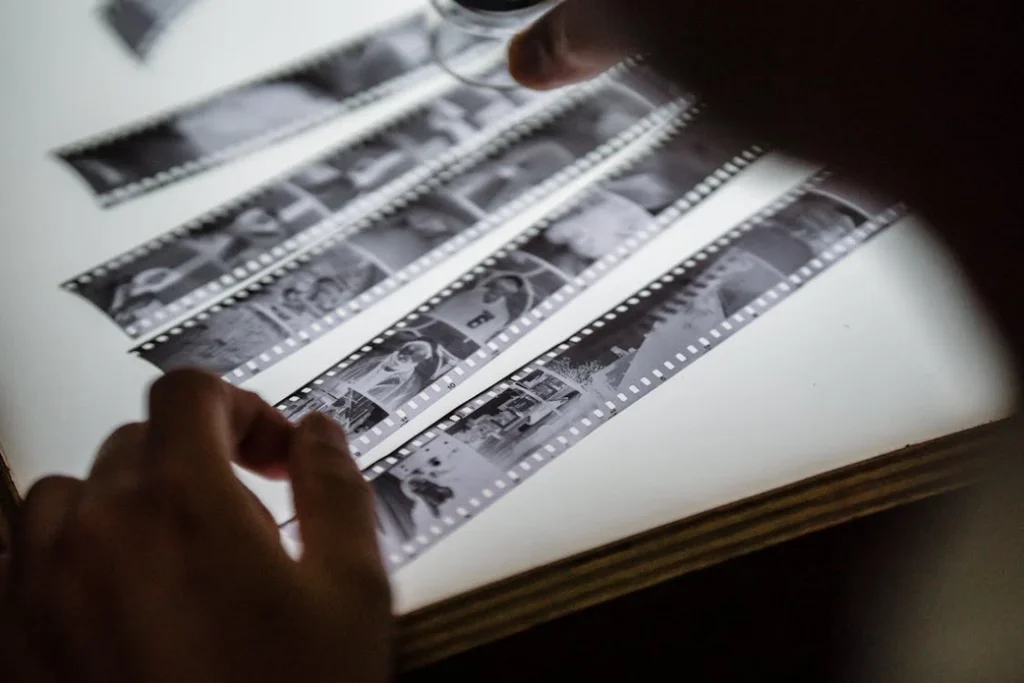
Taking pictures meant making every shot count because you only had 24 or 36 exposures on that roll of film. You’d carefully compose each photo, knowing that blurry shot of your cousin’s birthday party would be with you forever—or at least until you got brave enough to throw away those doubles you never needed. The anticipation was almost unbearable as you dropped off your film at the drugstore, knowing you wouldn’t see your vacation memories for at least a week.
When you finally picked up your developed photos, half the excitement was discovering which shots actually turned out. Sometimes you’d get a roll back with mostly dark images because someone forgot to take the lens cap off, or you’d find mysterious pictures of feet and ceilings from when little Bobby got hold of the camera. The phrase “Kodak moment” meant something entirely different when you had to wait days to see if you actually captured it.
2. Adjusting Rabbit Ears for Every Single Channel

Before cable TV became common, getting a clear picture meant becoming an expert in antenna positioning. You’d spend half your evening gently rotating those metal rabbit ears, trying to find that sweet spot where the horizontal lines would disappear and you could actually see Walter Cronkite’s face. Family members would freeze in place when someone finally got the picture just right, afraid that even breathing might mess up the reception.
The worst part was when you’d get comfortable on the couch, only to have the picture start rolling or filled with snow again. Someone would inevitably have to get up and become a human antenna, holding the rabbit ears in an awkward position for the entire show. Heaven help you if you were the youngest in the family—you’d spend entire evenings standing next to the TV, arms stretched toward the ceiling, missing your favorite programs while everyone else watched in comfort.
3. Rewinding VHS Tapes Before Returning Them
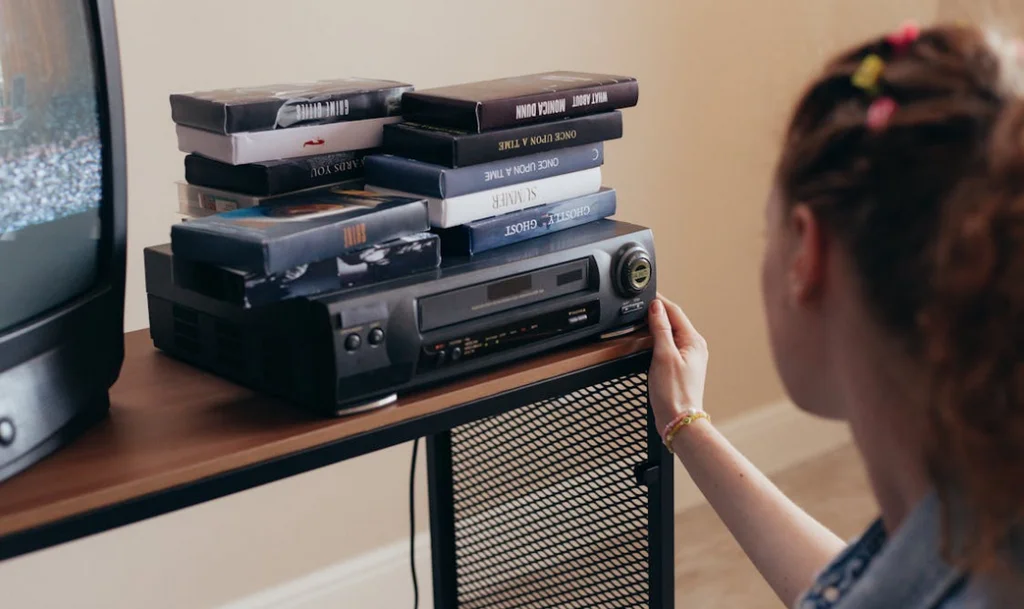
The local video store had those stern “Be Kind, Rewind” stickers everywhere, and they weren’t just suggestions. You’d pop in a movie, excited for your Friday night entertainment, only to discover the previous renter had left you with the closing credits. Nothing killed the mood quite like having to wait ten minutes for the tape to rewind before you could even start watching.
Some people got clever and bought separate rewinding machines to save wear on their VCR, but most of us just accepted this as part of the movie-watching ritual. The mechanical whirring sound of a rewinding tape became as familiar as popcorn popping. You’d develop a sixth sense about which tapes were going to take forever to rewind, and you’d always double-check that you’d rewound your own rentals before making that trip back to Blockbuster.
4. Dialing Wrong Numbers Because of Rotary Phones
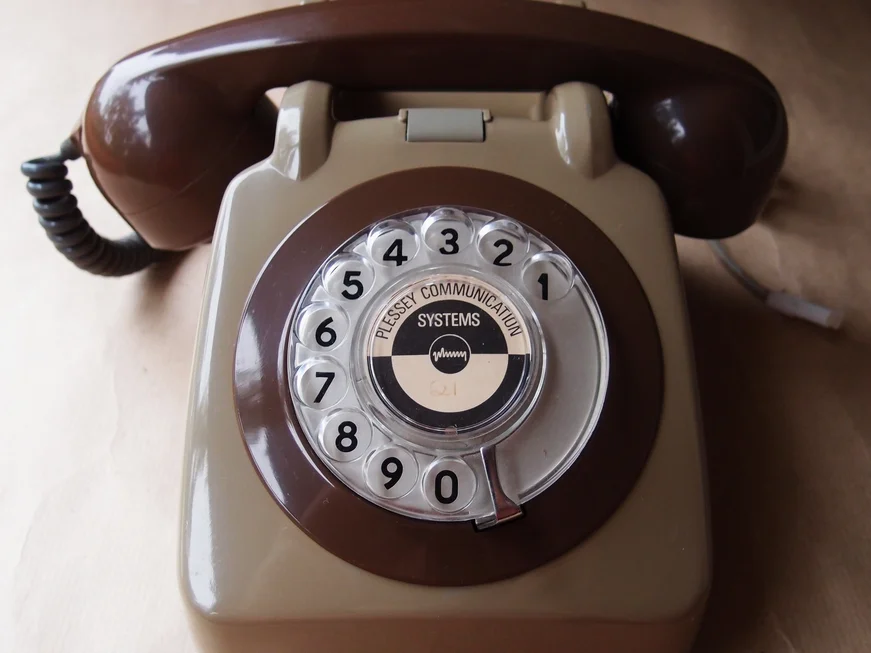
Making a phone call was a deliberate act when you had a rotary phone sitting on your kitchen counter. Each number required you to stick your finger in the corresponding hole, pull the dial clockwise until it hit the metal stopper, then wait for it to slowly rotate back to its starting position. If you messed up on the last digit of a long-distance number, you’d have to hang up and start the entire process over again.
The worst part was when you’d dial a wrong number after going through that whole ritual, especially if it was long distance and you were watching the clock tick away your phone bill. You’d apologize profusely to the stranger who answered, then carefully dial again, double-checking each number. Some families would write frequently called numbers on a piece of paper taped next to the phone, because nobody wanted to look up a number in the phone book and dial it more than once.
5. Having Only Three TV Channels (Four if You Were Lucky)
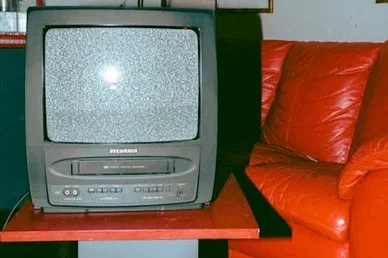
Your evening entertainment choices were simple: CBS, NBC, ABC, and maybe PBS if you lived in the right area and could get decent reception. If you didn’t like what was on, you’d either read a book, listen to the radio, or just go to bed early. The idea of having hundreds of channels to choose from was pure science fiction, and we somehow managed to survive with whatever the networks decided to broadcast.
Thursday nights meant you watched what everyone else watched, because there simply weren’t alternatives. If your family couldn’t agree on a program, someone was going to be disappointed, and usually it was the kids who got overruled. The concept of appointment television was real—you planned your evening around when your favorite shows aired, because if you missed them, you’d have to wait months for a rerun.
6. Getting Busy Signals When Making Phone Calls

The steady beep-beep-beep of a busy signal was the soundtrack of communication in the ’70s and ’80s. You’d try calling your friend, get a busy signal, wait five minutes, and try again. Sometimes you’d get lucky on the second try, but more often you’d spend your entire evening playing phone roulette, never knowing if the line would be free.
Dating was particularly challenging when busy signals ruled the world. If you were trying to reach that special someone, you’d find yourself obsessively redialing, wondering if they were talking to someone else or if their teenage sister was tying up the line. The phrase “I’ve been trying to reach you all night” was a common conversation starter, and everyone understood exactly what you meant.
7. Manually Tuning Radio Stations
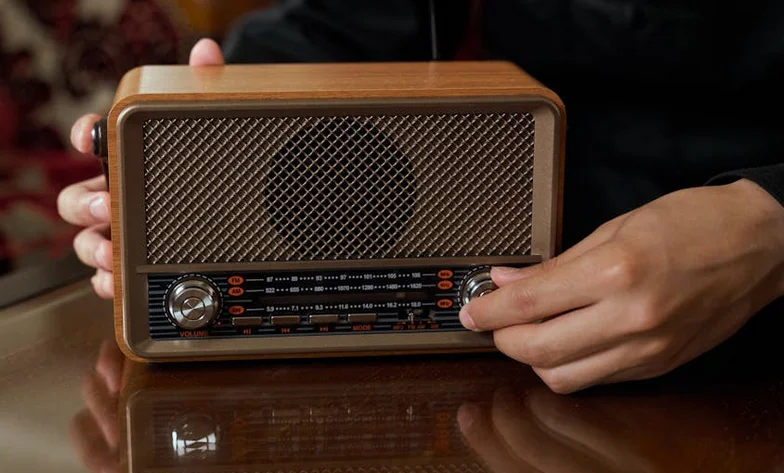
Finding your favorite song on the radio meant slowly turning a dial and listening through static until you found a clear signal. You’d creep past stations playing polka, talk radio, and gospel music, searching for that sweet spot where the rock station came in crystal clear. The slightest bump of the radio would send you back into static land, and you’d have to start the hunting process all over again.
Car radios were even worse, with preset buttons that would mysteriously change settings every time you hit a pothole. You’d spend half your driving time fiddling with the radio instead of watching the road, trying to find something decent to listen to. The term “radio surfing” was literal—you’d ride the airwaves looking for something good, and when you found it, you’d guard that dial position like a treasure.
8. Waiting Until 9 PM for Long-Distance Rates to Drop
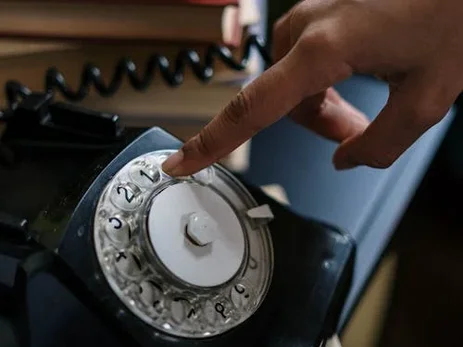
Making long-distance phone calls required strategic planning and a careful eye on the clock. Everyone knew the rates dropped significantly after 9 PM, so you’d spend your evening watching the clock, waiting for that magic hour when you could afford to call your college roommate or your grandparents in Florida. The phone company had trained an entire generation to conduct their long-distance relationships on a schedule.
You’d prepare for these calls like you were planning a military operation, writing down everything you wanted to discuss so you wouldn’t waste precious minutes fumbling for conversation topics. Families would gather around the phone for special occasion calls, passing the receiver around so everyone could say hello before the bill got too scary. The phrase “keep it short” was always followed by someone’s aunt talking for an hour anyway.
9. Changing TV Channels by Getting Up and Walking to the Set
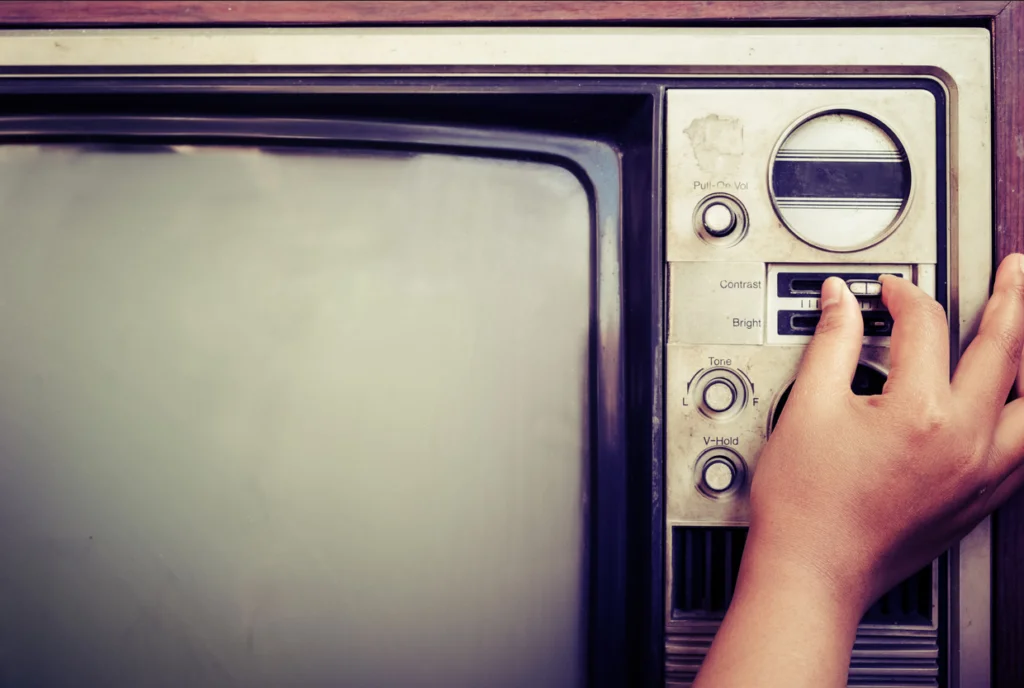
The remote control was either a luxury item or didn’t exist at all, depending on your TV and your family’s budget. If you wanted to change the channel, you had to physically get up, walk to the television, and turn a dial or push a button. Channel surfing meant getting a workout, and whoever was closest to the TV automatically became the designated channel changer for the evening.
This led to epic family negotiations about what to watch, because nobody wanted to be the one constantly getting up and down. The person who controlled the TV held real power in the household, and younger family members would often get voluntold to be the human remote control. You’d plant yourself on the floor next to the TV, ready to jump up and change channels at a moment’s notice.
10. Looking Up Phone Numbers in the Yellow Pages

Need a pizza place? Time to break out the phone book and start searching through pages and pages of tiny print. The Yellow Pages were so thick they could double as a booster seat, and finding what you needed meant developing a system of bookmarks and dog-eared pages. You’d run your finger down columns of businesses, hoping to find one that sounded reliable and wasn’t too far away.
The white pages were even more frustrating when you were trying to find someone’s home number but only knew their approximate address. You’d flip through pages of Johnsons and Smiths, trying to match names with neighborhoods, often calling three or four wrong numbers before finding the right person. Some families would collect phone books from surrounding areas, creating a library of directories that took up an entire shelf.
11. Waiting for Your Favorite Song to Play on the Radio
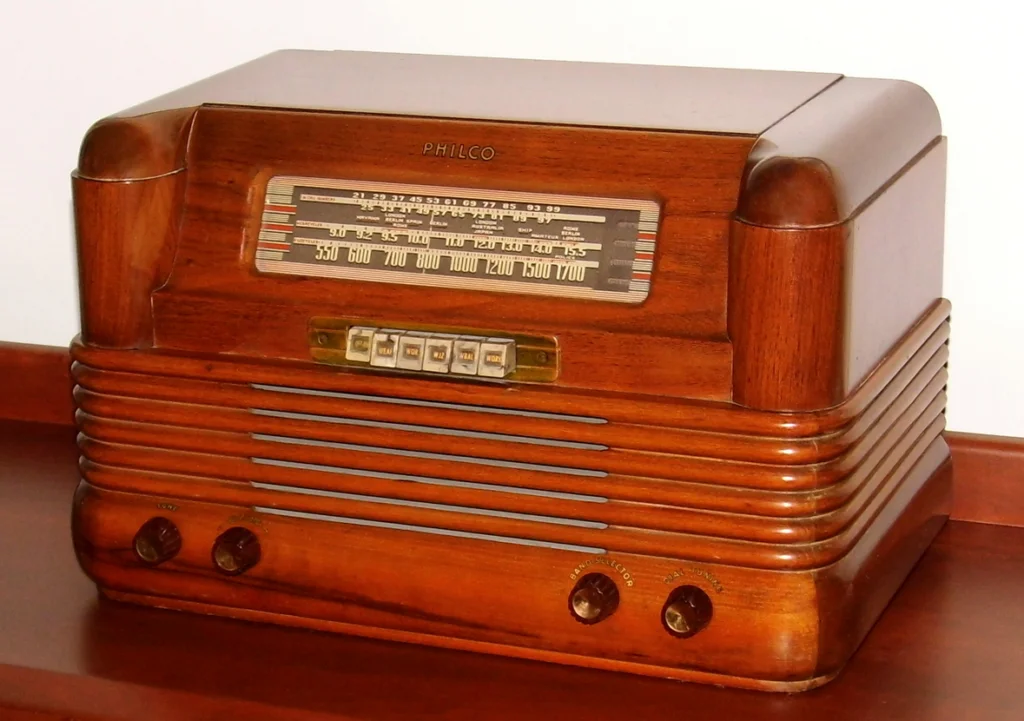
Creating a mixtape meant sitting by the radio with your finger poised over the record button, waiting for your favorite song to come on. You’d listen to hours of music you didn’t particularly like, just hoping the DJ would eventually play that one song you’d been trying to capture for weeks. The timing had to be perfect—start recording too late and you’d miss the beginning, start too early and you’d have the DJ’s voice talking over your song.
Radio DJs had incredible power over your music collection, and you’d develop relationships with certain stations based on their likelihood of playing your favorite artists. You’d learn the patterns of when certain songs were likely to play, and you’d plan your day around being near a radio during those times. A successful recording session felt like a major victory, even if you ended up with a dozen false starts and half-songs on your tape.
12. Handwriting Letters and Waiting for Replies

Before email, staying in touch with distant friends and family meant sitting down with actual paper and a pen. You’d carefully compose your thoughts, knowing that mistakes meant starting over or living with cross-outs and correction fluid. The physical act of writing a letter was deliberate and thoughtful—you couldn’t fire off a quick message and expect an immediate response.
Mailing a letter meant waiting at least a week for a reply, if you got one at all. You’d check your mailbox every day, hoping to see familiar handwriting among the bills and junk mail. The excitement of receiving a personal letter was genuine—someone had taken the time to sit down, write their thoughts, find an envelope and stamp, and mail it just for you. Email might be faster, but it never carried the same emotional weight as a handwritten letter.
Those daily inconveniences that once tested our patience now seem almost quaint, like relics from a simpler time when life moved at a more human pace. We didn’t know we were living in the “good old days,” but looking back, there was something to be said for a world that required a little more effort and a lot more patience. Sure, we’re grateful for the convenience of modern technology, but sometimes don’t you miss the anticipation of waiting for your photos to be developed, or the genuine excitement of hearing your favorite song on the radio?
This story When a New Phone Meant Calling the Operator: 12 Everyday Annoyances We Thought Were Normal was first published on Takes Me Back.


